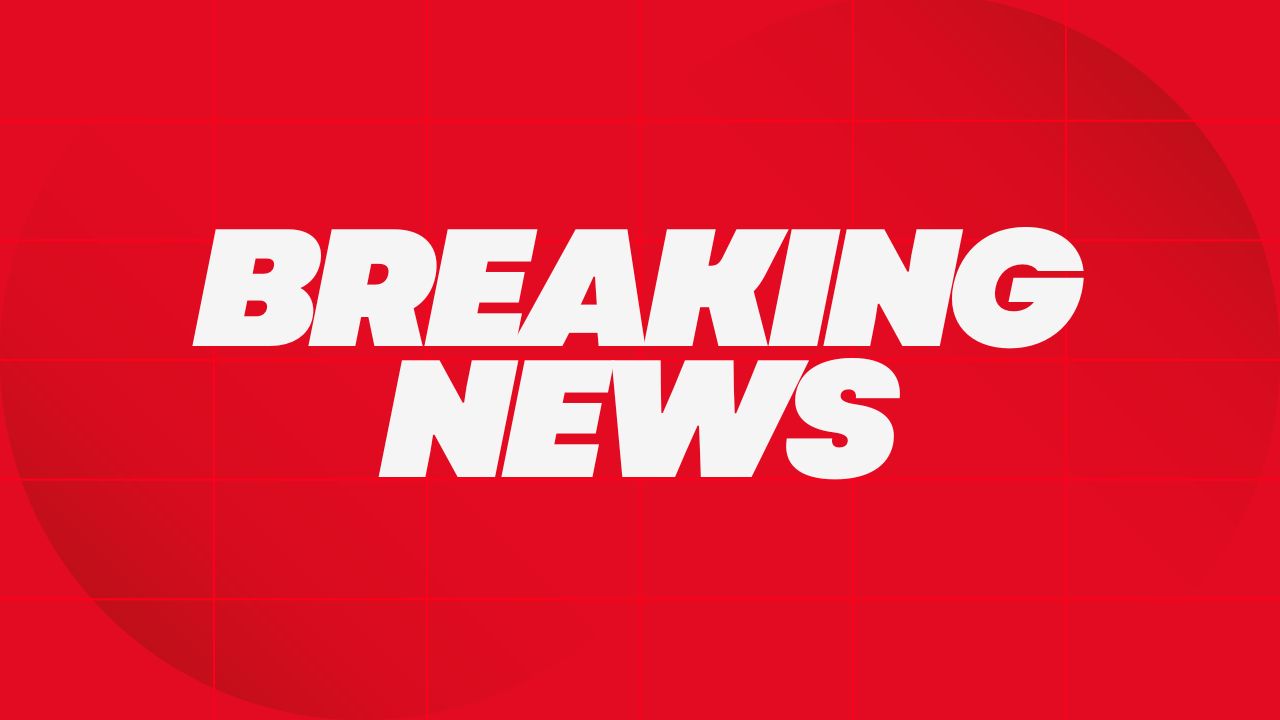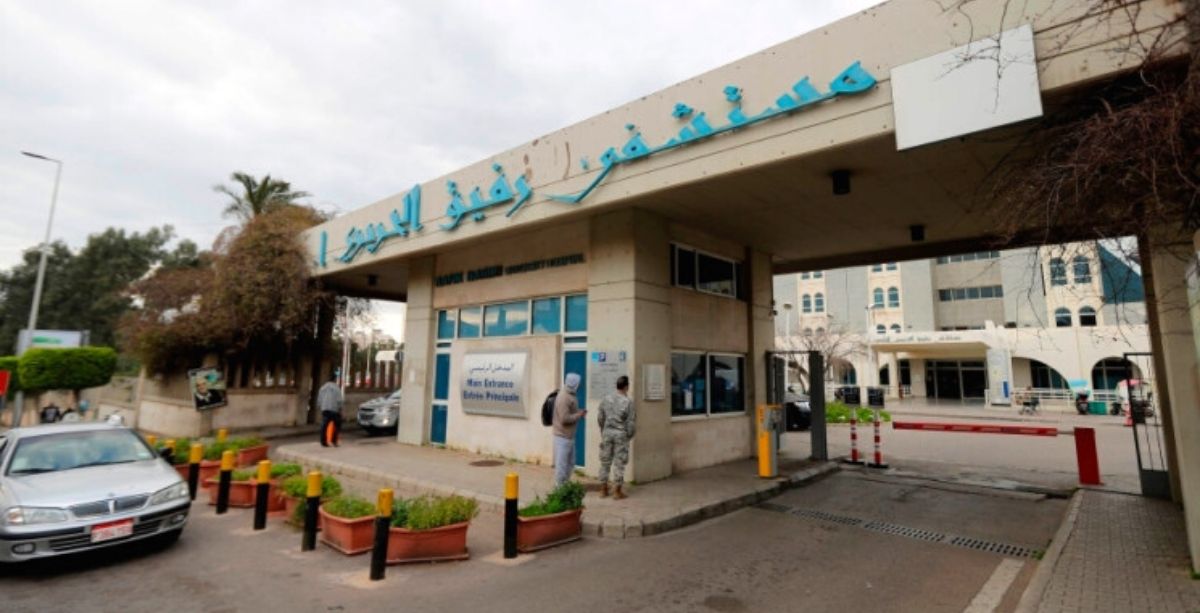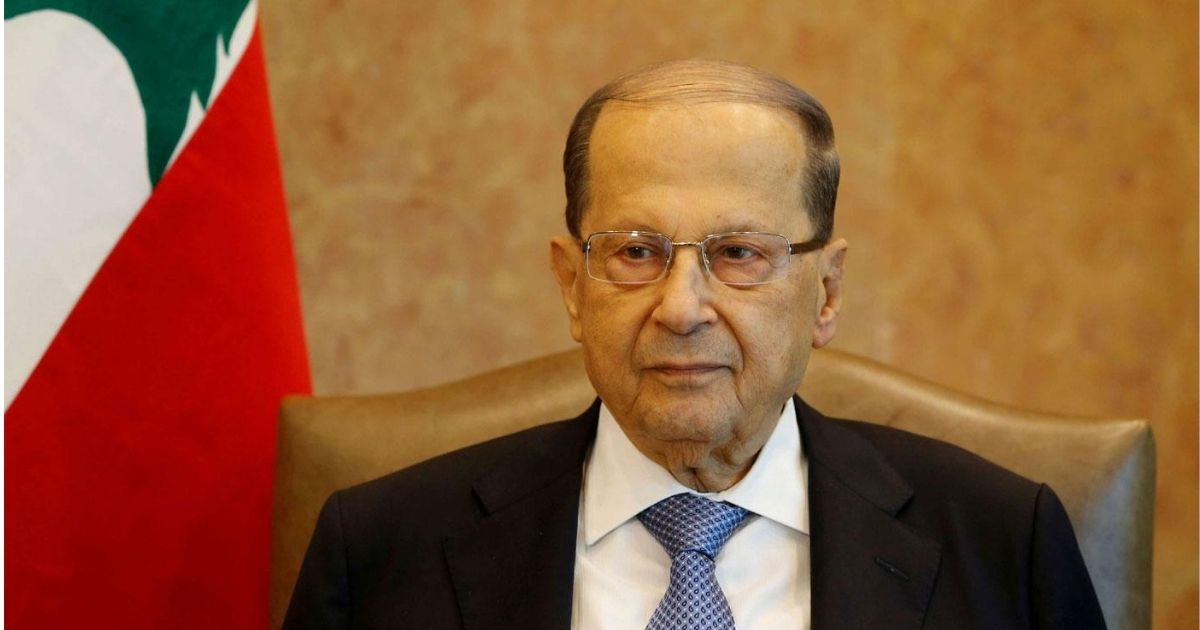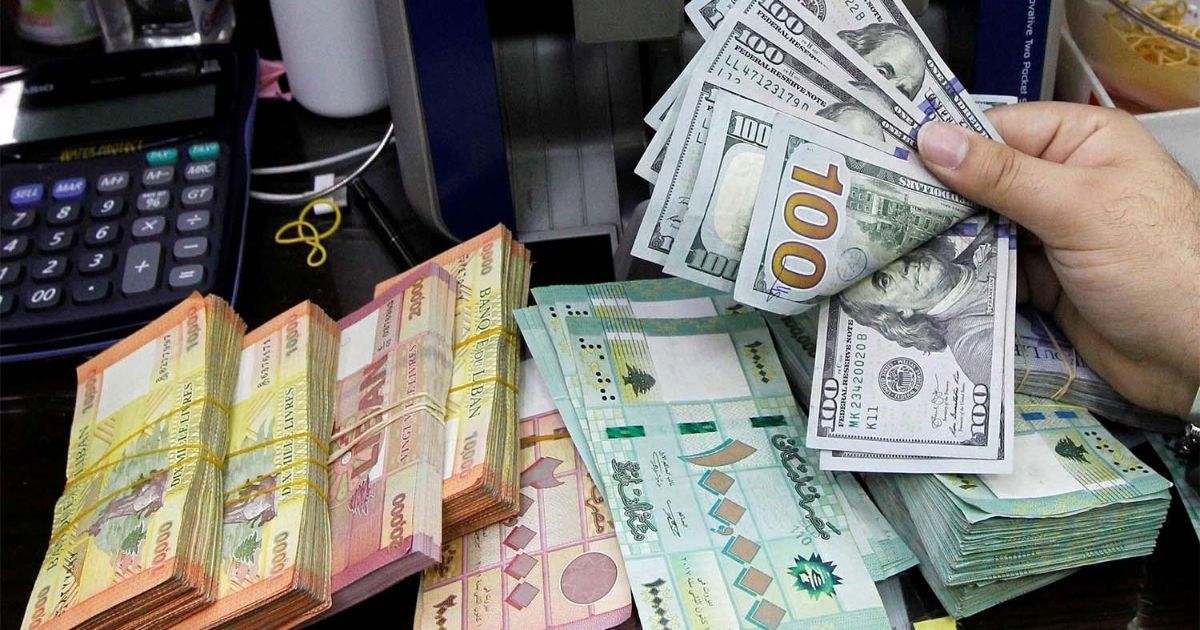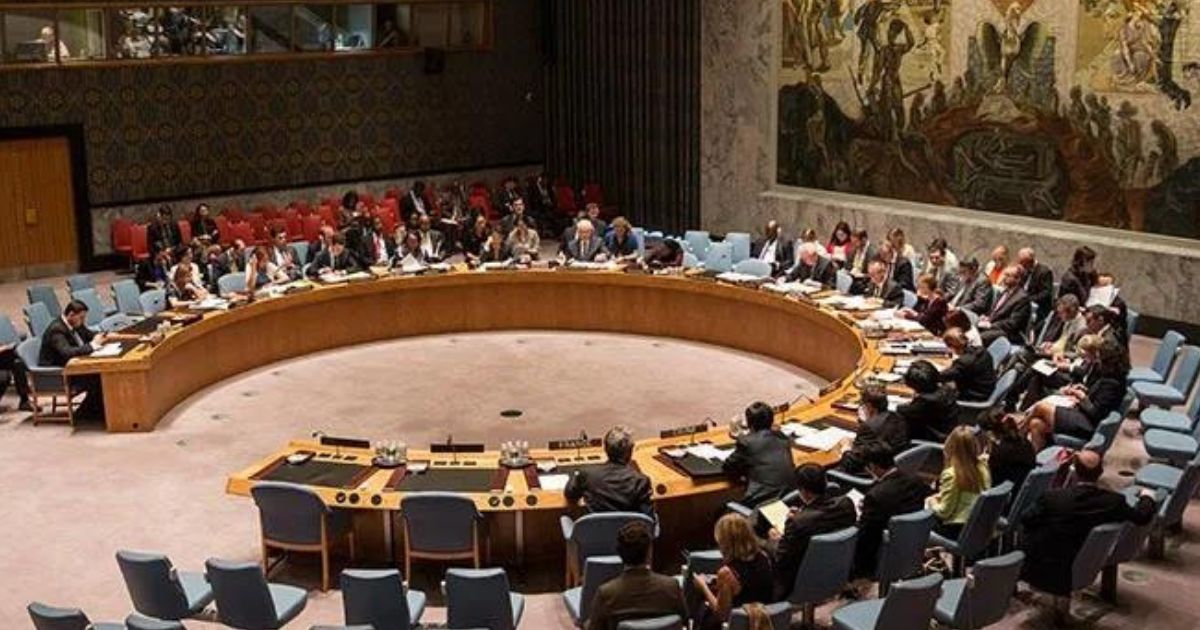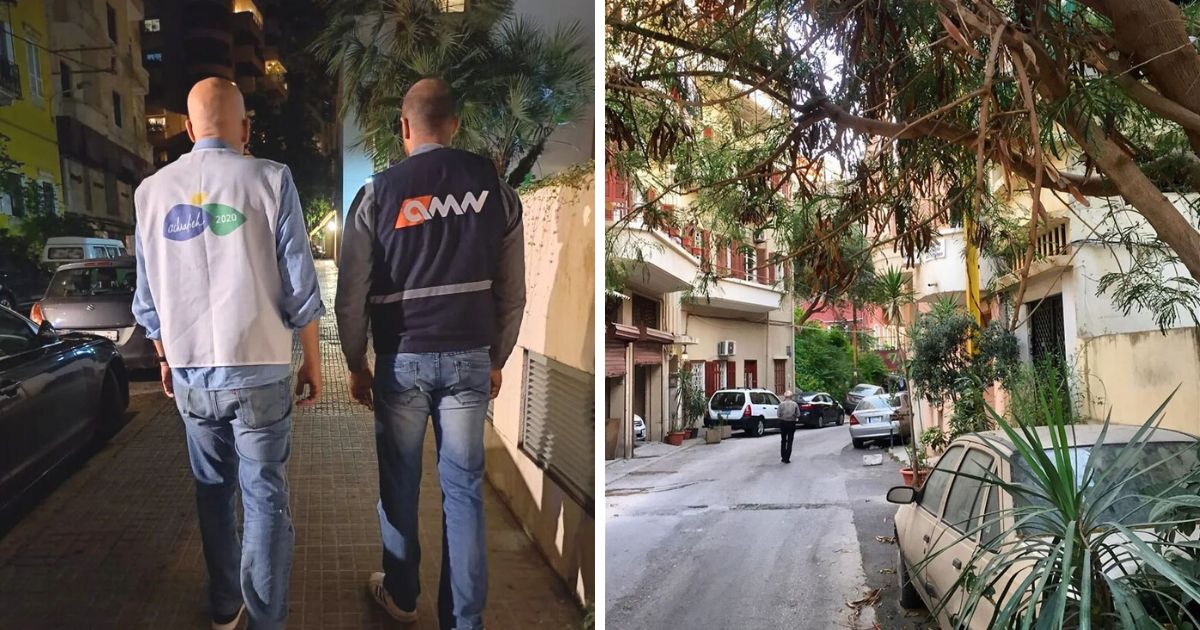The Central Bank of Lebanon announced on Friday that it had handed the Ministry of Finance a list of information requested by Alvarez & Marsal to conduct a forensic audit.
The Finance Ministry confirmed receiving the Central Bank’s information and said that it had passed it on to the auditing firm.
It has been over a year since the Council of Ministers agreed on having the audit, and there has been no major progress since then.
In fact, at one point, the auditing firm chose to cancel its contract with the Lebanese government but was talked back into conducting the audit.
The Central Bank’s action now comes after Lebanese President Michel Aoun blasted it for stalling the forensic audit and accused it of “unwillingness” to have an investigative audit of its accounts.
Aoun said the Central Bank’s stance was a strike to the French initiative and that its unwillingness to carry on with the forensic audit would hinder international financial assistance.
The Lebanese Banks Association responded with a statement stressing that the financial crisis is political, blaming the state’s unpaid debts to the Central Bank, which has reportedly resulted in the banks unable to give the depositors their money.
It stressed that this would require “the formation of a homogeneous government that develops a rational plan that would be the basis for negotiations with the International Monetary Fund and allow the liberalization of aid and investments.”
The fact that Lebanon has still not formed a rescue government is another critical issue hindering the French initiative and the help from the international community, which is urgently needed to avoid a complete collapse.
However, despite the grave status quo, Prime Minister-designate Saad Hariri and Michel Aoun continue to disagree, with Aoun insisting on having veto power for his political group.






